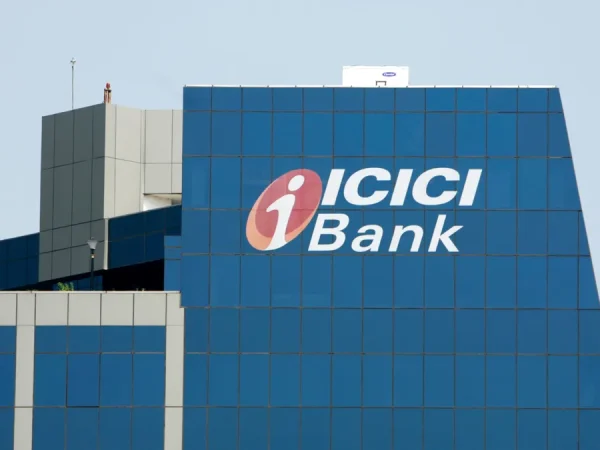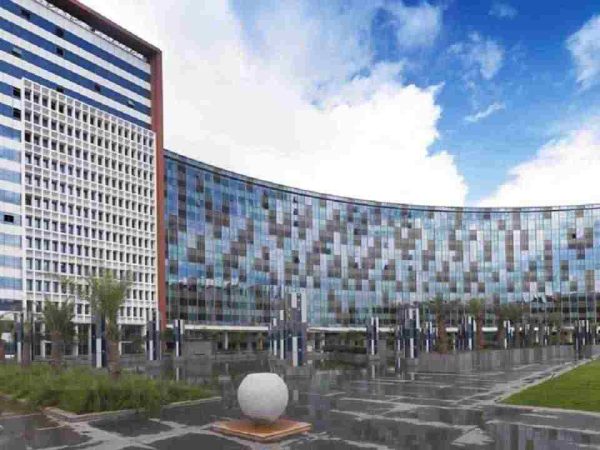In the pursuit of success, Define Optimal Solutions is paramount. Whether in personal endeavors or professional undertakings, having a clear roadmap to achieve desired outcomes can make all the difference. But what exactly does it mean to define optimal solutions, and how can one effectively implement them? This comprehensive guide unveils seven power-packed strategies designed to propel you towards success by precisely defining optimal solutions. From setting clear objectives to leveraging resources efficiently, each strategy is crafted to maximize effectiveness and streamline your path to achievement.
Define Optimal Solutions: Setting Clear Objectives
Defining optimal solutions begins with setting clear objectives. By articulating specific, measurable, achievable, relevant, and time-bound (SMART) goals, individuals and organizations can establish a concrete framework for success. Whether aiming to increase productivity, improve performance, or enhance profitability, clarity in objectives serves as the cornerstone for effective decision-making and strategic planning.
Define Optimal Solutions: Aligning Resources
Aligning resources with optimal solutions is essential for maximizing efficiency and minimizing waste. This involves identifying and allocating resources—such as time, money, personnel, and technology—in a manner that best supports the attainment of defined objectives. By ensuring synergy between available resources and desired outcomes, individuals and organizations can optimize performance and drive sustainable growth.
Define Optimal Solutions: Embracing Adaptability
In a dynamic and ever-changing environment, adaptability is key to defining optimal solutions. Flexibility in approach allows for nimble responses to unforeseen challenges and opportunities, enabling individuals and organizations to stay ahead of the curve. By embracing adaptability, one can pivot swiftly, adjust strategies as needed, and maintain momentum towards achieving goals.
Define Optimal Solutions: Leveraging Data
Data-driven decision-making lies at the heart of defining optimal solutions. By leveraging data analytics, individuals and organizations can gain valuable insights into market trends, customer preferences, and operational performance. This informed approach enables proactive problem-solving, strategic prioritization, and continuous improvement, ultimately driving better outcomes and sustained success.
Define Optimal Solutions: Cultivating Collaboration
Collaboration fosters innovation and enhances the effectiveness of optimal solutions. By bringing together diverse perspectives, expertise, and resources, collaborative efforts generate synergies that amplify results. Whether through cross-functional teams, strategic partnerships, or community engagement, cultivating a culture of collaboration empowers individuals and organizations to tackle complex challenges and achieve collective goals.
Define Optimal Solutions: Implementing Continuous Evaluation
Continuous evaluation is essential for refining and optimizing solutions over time. By regularly assessing progress against objectives, identifying areas for improvement, and soliciting feedback from stakeholders, individuals and organizations can iteratively enhance their approach. This iterative process enables course corrections, innovation, and adaptation, ensuring that optimal solutions remain relevant and effective in a dynamic landscape.
Define Optimal Solutions: Fostering a Culture of Accountability
Accountability is the linchpin of success in defining optimal solutions. By holding oneself and others answerable for commitments and outcomes, accountability drives action, fosters trust, and reinforces a culture of excellence. Whether through performance metrics, regular check-ins, or transparent communication, fostering accountability ensures alignment towards common goals and accountability for results.
Define Optimal Solutions: Innovating for Success
Innovation drives progress and facilitates the discovery of new approaches to defining optimal solutions. By fostering a culture of creativity, experimentation, and risk-taking, individuals and organizations can break away from conventional thinking and uncover novel strategies for success. Whether through product innovation, process optimization, or business model reinvention, embracing innovation enables continuous evolution and competitive advantage in a rapidly changing world.
Define Optimal Solutions: Prioritizing Well-being
Well-being is integral to sustainable success and must be prioritized in defining optimal solutions. By nurturing physical, mental, and emotional health, individuals and organizations can enhance resilience, productivity, and overall effectiveness. Whether through wellness programs, work-life balance initiatives, or stress management strategies, prioritizing well-being ensures that individuals are empowered to perform at their best and thrive in both personal and professional spheres.
Define Optimal Solutions: Sustaining Momentum
Sustaining momentum is essential for achieving long-term success in defining optimal solutions. By maintaining focus, motivation, and momentum over time, individuals and organizations can overcome obstacles, navigate setbacks, and stay on course towards their goals. Whether through regular goal review sessions, celebration of milestones, or reinforcement of purpose and values, sustaining momentum fosters resilience and perseverance in the face of challenges, ensuring continued progress and success.
Conclusion
Define Optimal Solutions: Defining optimal solutions is not merely about finding the “best” solution but rather about identifying the most effective approach to achieve desired outcomes. By employing the seven power-packed strategies outlined in this guide—setting clear objectives, aligning resources, embracing adaptability, leveraging data, cultivating collaboration, implementing continuous evaluation, and fostering accountability—individuals and organizations can navigate complexities, overcome challenges, and unlock their full potential for success.
FAQs
Q1. What does it mean to define optimal solutions?
Defining optimal solutions involves identifying the most effective approach to achieve desired outcomes by setting clear objectives, aligning resources, embracing adaptability, leveraging data, cultivating collaboration, implementing continuous evaluation, and fostering accountability.
Q2. How can data be leveraged in defining optimal solutions?
Data can be leveraged in defining optimal solutions by providing valuable insights into market trends, customer preferences, and operational performance, enabling data-driven decision-making and proactive problem-solving.
Q3. Why is accountability important in optimal solutions?
Accountability is important in optimal solutions because it drives action, fosters trust, and reinforces a culture of excellence, ensuring alignment towards common goals and accountability for results.
Q4. How can adaptability be incorporated into defining optimal solutions?
Adaptability can be incorporated into defining optimal solutions by embracing flexibility in approach, pivoting swiftly in response to challenges and opportunities, and adjusting strategies as needed to maintain momentum towards achieving goals.
Q5. What role does collaboration play in defining optimal solutions?
Collaboration plays a crucial role in defining optimal solutions by bringing together diverse perspectives, expertise, and resources to generate synergies that amplify results, enabling individuals and organizations to tackle complex challenges and achieve collective goals.
Also read: On-Page Optimization Vancouver: 10 Power-Packed Strategies to Boost Your Website’s Performance!














